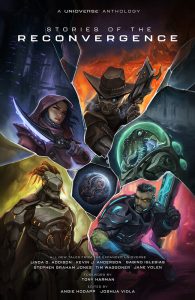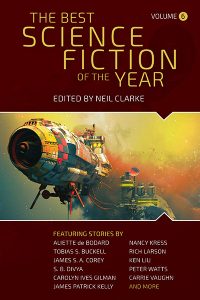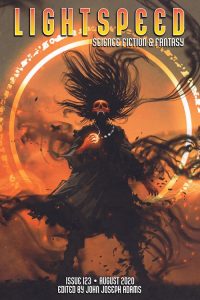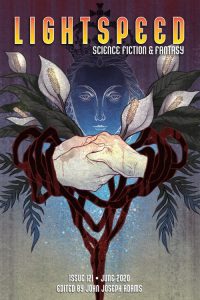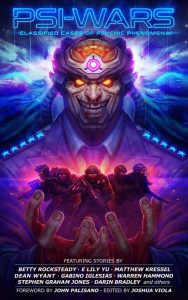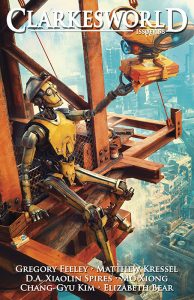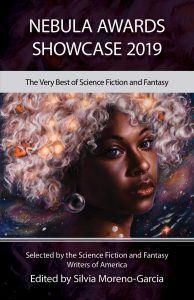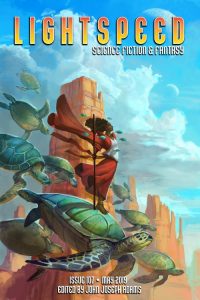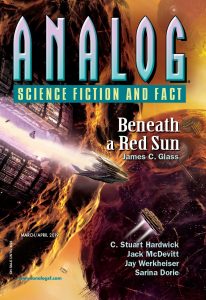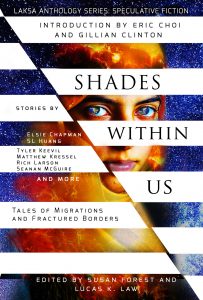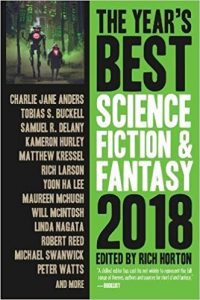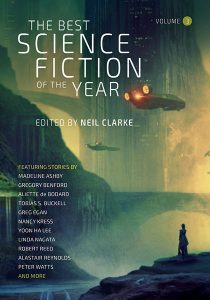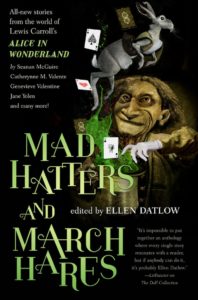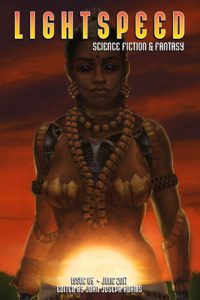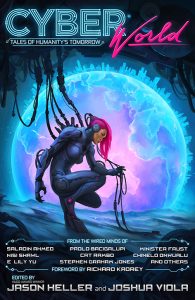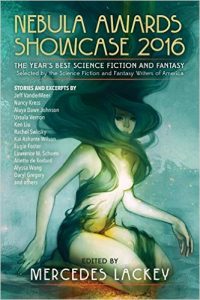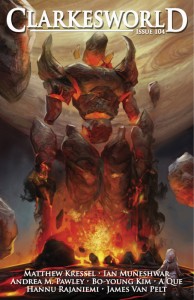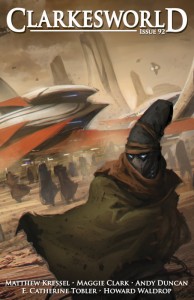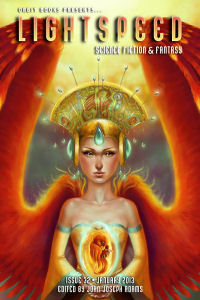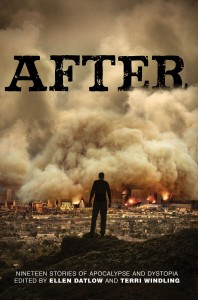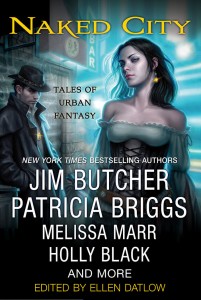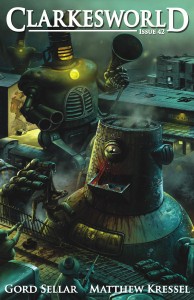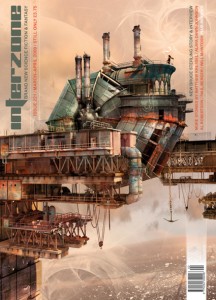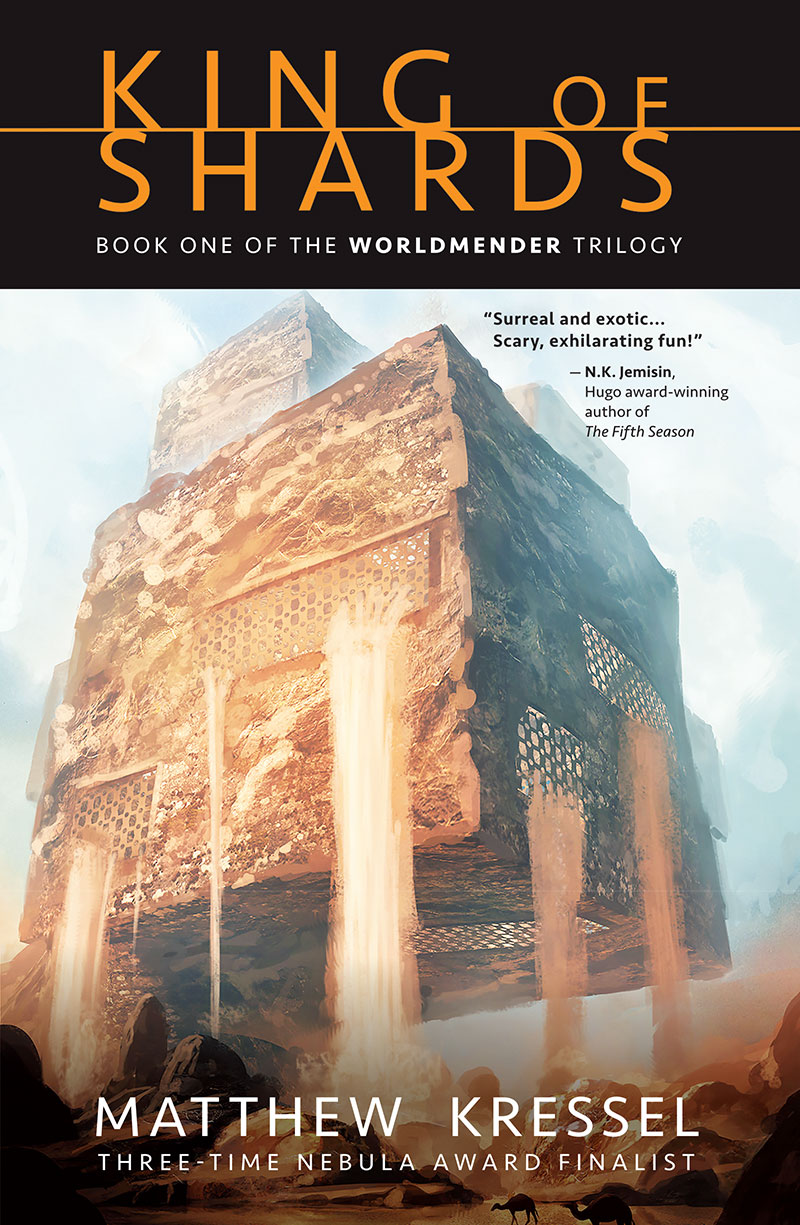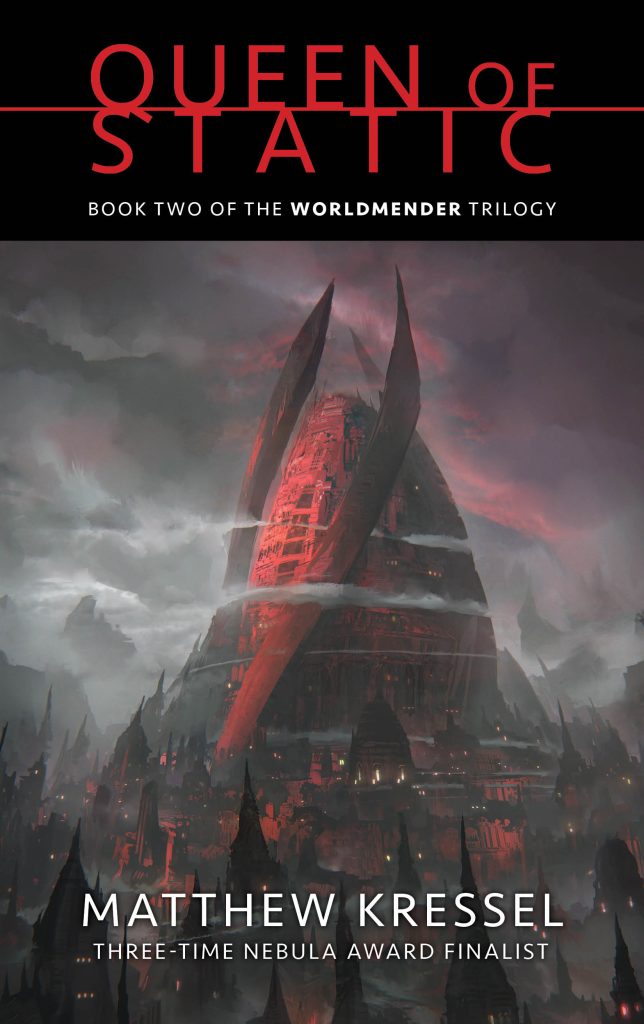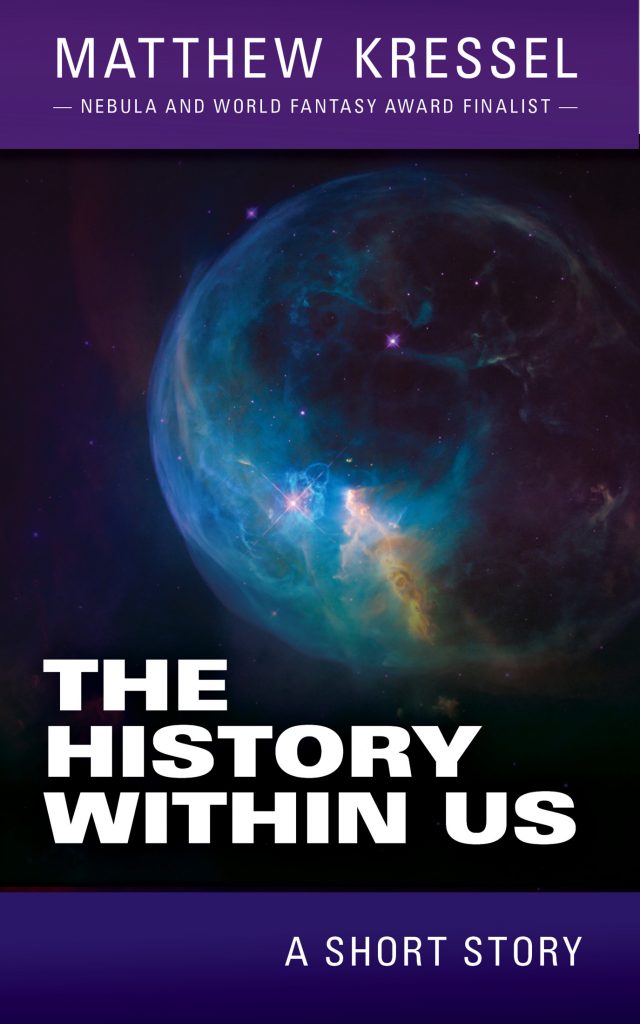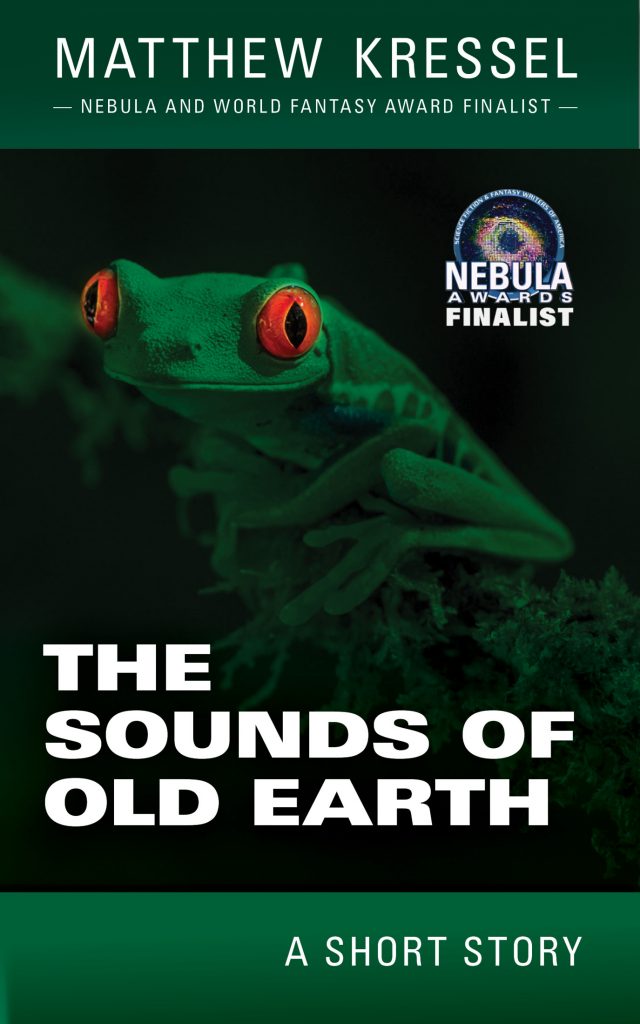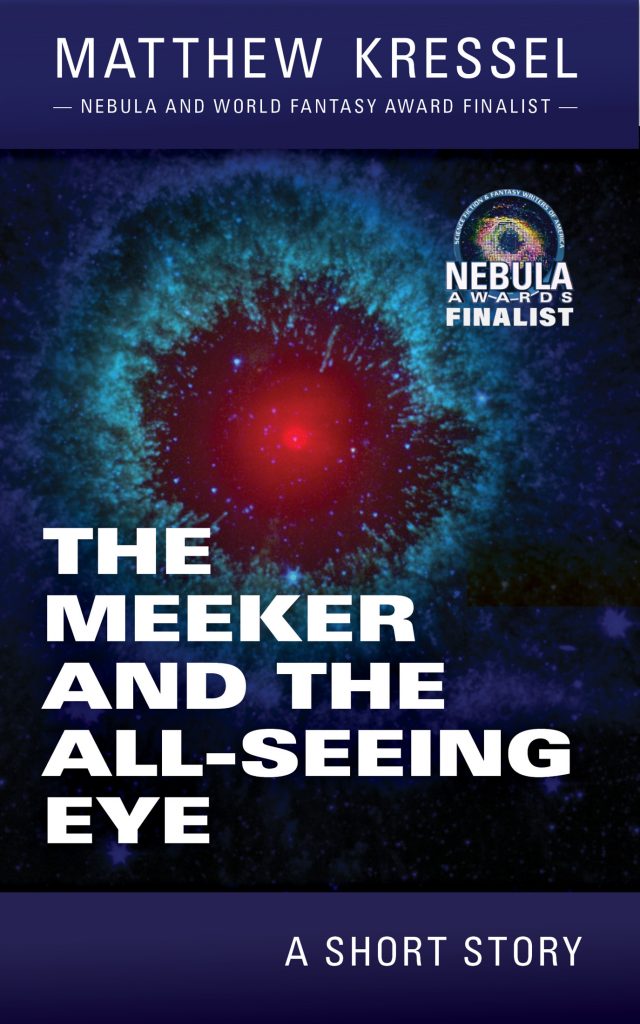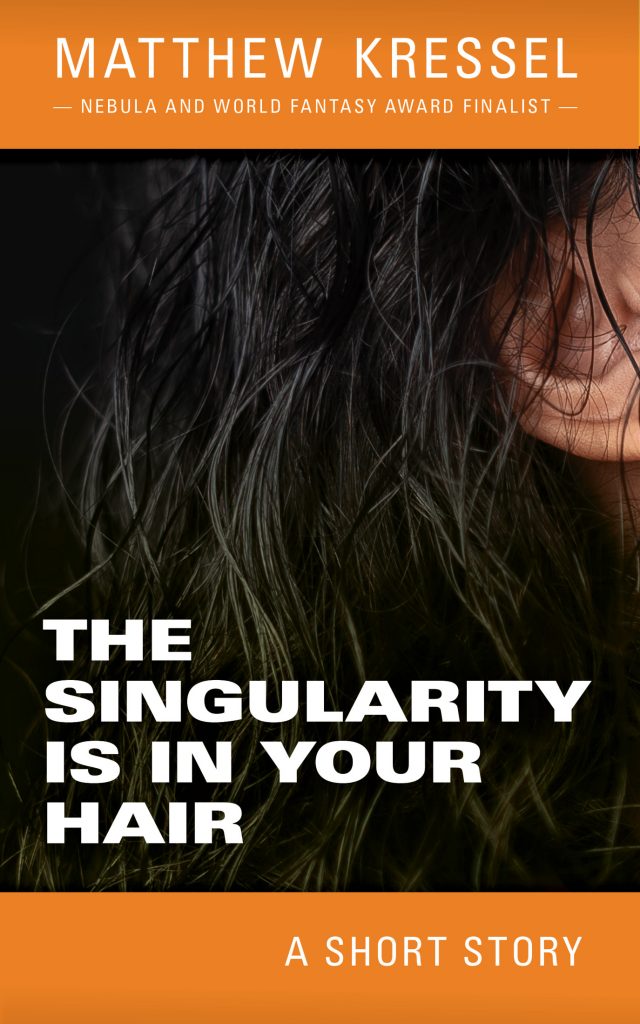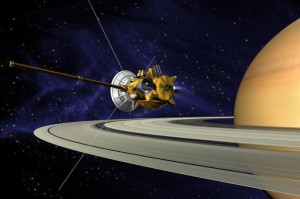 I’ve been working on a so-called “hard sf” story, you know, “hard” science fiction, the “hard”, sexual metaphors aside, implying that the science in the story is as accurate as possible.
I’ve been working on a so-called “hard sf” story, you know, “hard” science fiction, the “hard”, sexual metaphors aside, implying that the science in the story is as accurate as possible.
So, a little side note. When I was really young I was totally into space, like all kids, except my father was convinced I was the next Einstein (go Dad; I hope you weren’t disappointed.) So instead of giving me books like “Why is the sky blue?”, he gave me A Brief History of Time and books on quantum physics. I remember sitting in bed one morning (it was a Saturday), with a notebook, trying to come up with some great theory or other. Yeah, needless to say I didn’t bridge the gap between quantum mechanics and general relativity. I can barely understand the math of differential equations.
But what I did do was absorb a lot of science. In comes this anthology I was asked to submit to. I can’t give too much away, yet, but let’s just say it’s to promote accurate depictions of science in fiction. Some apt readers will probably guess right away. I’ve probably already said to much.
Anyway, in comes this story I’ve been working on that incorporates much more science than I’ve ever had to use in a story before. While I think my general premises are correct, there is a very high probability, since I am not actually a real scientist, that I got some major stuff wrong. No, I didn’t go so far as to calculate the orbital period of a spacecraft (okay, I would have, if I had found an easy to use site that did the math for you), but I did try to be as accurate as possible.
I tried to accomplish three things with my story. One, evoke a sense of wonder. Since it’s an exploration story, I think it does. Two, inspire people toward scientific endeavors by showing their worth. Admittedly, it is pretty pompous of me to think one short story would have this effect. On the other hand, a lot of modern scientists credit their initial interest in their respective fields as coming from science fiction. Three, attack the notion that humanity is doomed. All you have to do is browse the YA bookshelves of any brick-and-mortar to see that dystopia and post-apocalyptic fiction are hot. And while there is nothing wrong with writing this kind of stuff (I had one post-apocalyptic story recently published, actually), I do feel that we are glutted with a certain morose sensibility. I thought we could use a little optimism. The future doesn’t have to be bleak.
I do not know if I have accomplished my goals. Some good friends are looking at the story now. I’ll let you know how it goes. Until then, here’s an article on the mathematics of planetary and satellite motion to keep you occupied.
